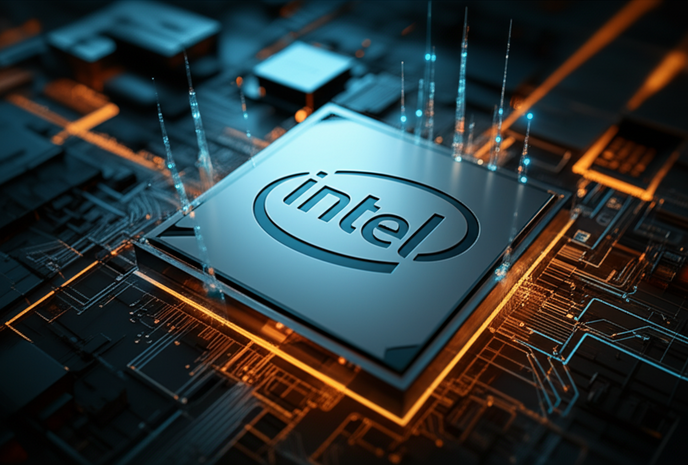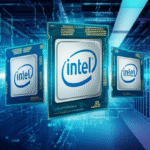As one of the world’s leading semiconductor companies, Intel has played a pivotal role in the evolution of information technology. In the past few decades, Intel has driven major advancements that have reshaped industries and our everyday lives. From personal computing to data centers, Intel’s contributions are far-reaching.
The Evolution of Intel Technology
Intel’s journey began in 1968, and since then, it has been at the forefront of developing microprocessors that power computers around the globe. The introduction of the x86 architecture revolutionized the computing industry and paved the way for modern operating systems and applications.
Today, Intel not only produces CPUs but also focuses on AI, machine learning, and cloud technologies, making it a vital player in emerging tech sectors. This evolution has positioned Intel as a leader in driving technological innovation.
Key Innovations by Intel
- Advanced Microprocessors: Intel continues to innovate in processor technology, enhancing performance and energy efficiency.
- AI and Machine Learning: Intel’s investment in AI technologies is transforming industries by enabling smarter applications and solutions.
- Data Center Solutions: As cloud computing grows, Intel offers robust data center solutions that empower businesses to operate at scale.
Impact on Various Industries
Intel’s technology influences various sectors, including finance, healthcare, and entertainment. Its processors are employed in financial modeling, AI in healthcare diagnostics, and multimedia processing for entertainment.
Future Perspectives on Intel
Looking ahead, Intel is set to tackle several challenges, including competition from ARM architecture and the ongoing demand for advanced chips. By continuing to innovate and focus on sustainable practices, Intel aims to maintain its leadership position in the tech industry.
Related Articles You May Like
- Emerging Trends in Intel Technology
- How Apple Continues to Drive Innovation in Information Technology
- Broadcom’s Role in Information Technology
Conclusion: Intel’s Lasting Legacy
As we navigate through the digital age, Intel’s influence on information technology continues to grow. With a commitment to innovation and a focus on future technologies, Intel is poised to shape the landscape of IT for years to come.








